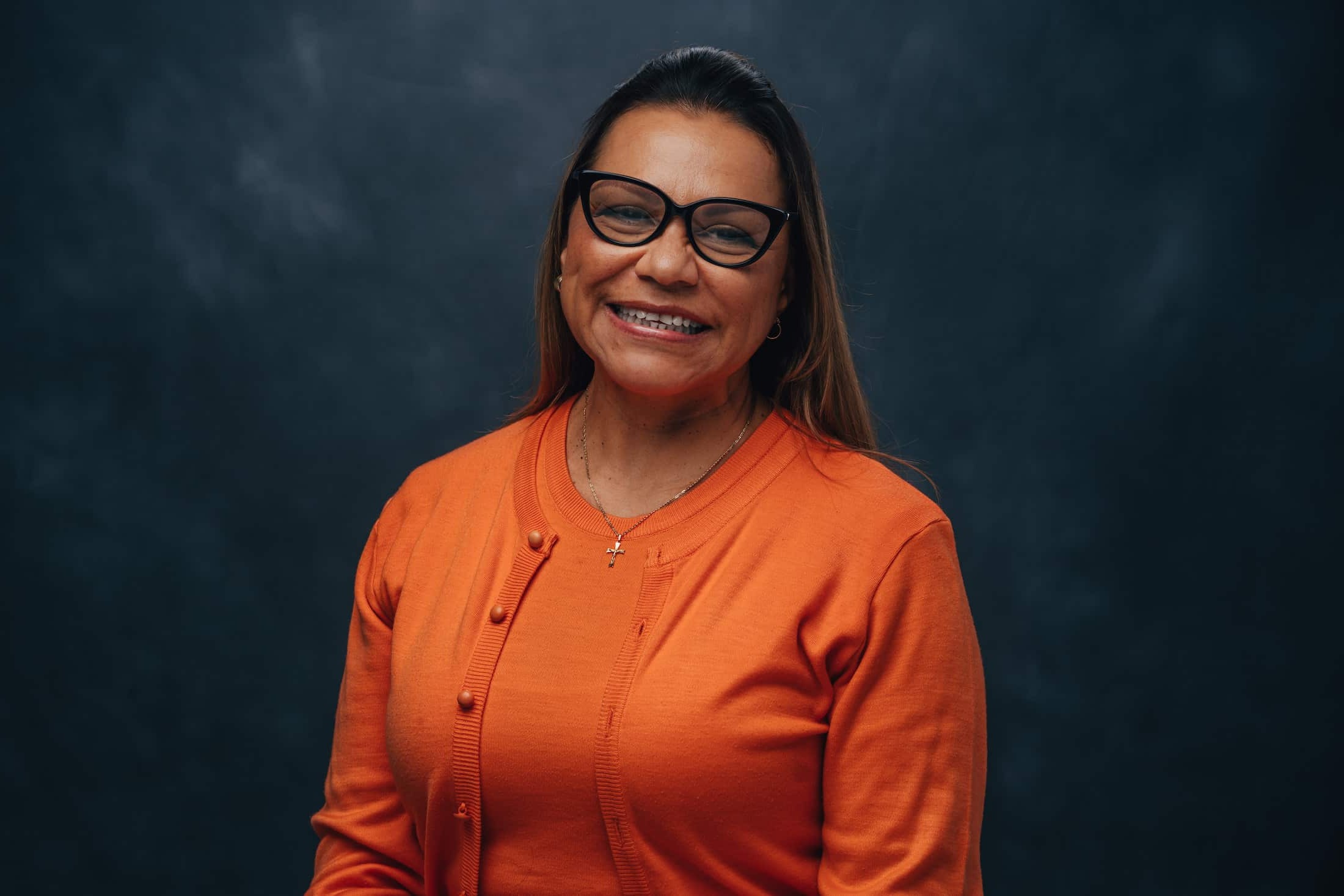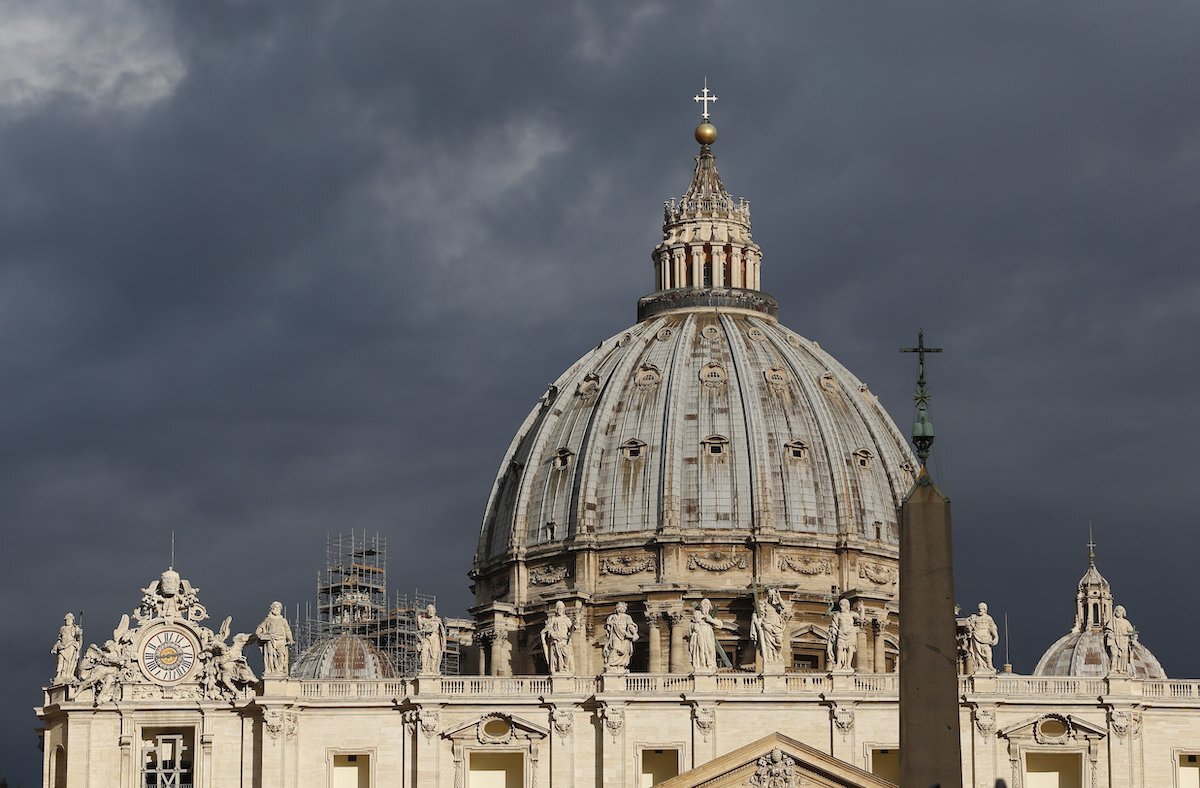
Who is the Moderator of the Curia? The Moderator of the Curia is a key figure in the administrative structure of the Catholic Church. This person acts as the chief operating officer, overseeing the day-to-day operations of a diocese. They ensure that the bishop's directives are implemented efficiently. The role involves coordinating various departments, managing resources, and facilitating communication within the diocese. Think of them as the glue that holds everything together, making sure the church runs smoothly. This position requires a deep understanding of church law, excellent organizational skills, and a strong commitment to serving the community.
Who is the Moderator of the Curia?
The Moderator of the Curia plays a vital role in the administrative structure of the Catholic Church. This position involves overseeing various aspects of church governance and ensuring smooth operations within the diocese.
- The Moderator of the Curia is often a priest or bishop appointed by the diocesan bishop.
- This role is akin to a chief operating officer in a corporation, managing day-to-day administrative tasks.
- The position requires a deep understanding of church laws, known as Canon Law.
- The Moderator ensures that diocesan policies align with the broader directives of the Vatican.
- This role often involves coordinating between different departments within the diocese.
Responsibilities of the Moderator of the Curia
The responsibilities of the Moderator of the Curia are extensive and require a high level of organizational skill and dedication.
- One primary duty is to assist the bishop in the governance of the diocese.
- The Moderator oversees the implementation of diocesan policies and procedures.
- They often manage the diocesan staff, ensuring that all departments function efficiently.
- The role includes handling communications between the bishop and other clergy members.
- The Moderator may also be involved in financial oversight, ensuring the diocese's resources are used effectively.
Historical Background of the Moderator of the Curia
Understanding the historical context of this role provides insight into its evolution and significance within the church.
- The concept of a Moderator of the Curia dates back to the early centuries of the church.
- Initially, this role was more informal, with duties often shared among several clergy members.
- Over time, the position became more formalized, reflecting the growing complexity of church administration.
- The Second Vatican Council in the 1960s further defined and expanded the responsibilities of the Moderator.
- Today, the role is considered essential for the effective management of diocesan affairs.
Final Thoughts on the Moderator of the Curia
The Moderator of the Curia plays a crucial role in the administration of a diocese, acting as a bridge between the bishop and various diocesan offices. This position ensures smooth operations and effective communication within the church's administrative structure. Understanding the responsibilities and significance of this role helps appreciate the intricate workings of the Catholic Church. From overseeing daily operations to implementing the bishop's directives, the Moderator of the Curia is essential for maintaining order and efficiency. This role, often behind the scenes, is vital for the church's mission and outreach. So, next time you hear about diocesan activities, remember the unseen efforts of the Moderator of the Curia. Their work, though not always visible, is fundamental to the church's success and stability.
Was this page helpful?
Our commitment to delivering trustworthy and engaging content is at the heart of what we do. Each fact on our site is contributed by real users like you, bringing a wealth of diverse insights and information. To ensure the highest standards of accuracy and reliability, our dedicated editors meticulously review each submission. This process guarantees that the facts we share are not only fascinating but also credible. Trust in our commitment to quality and authenticity as you explore and learn with us.


